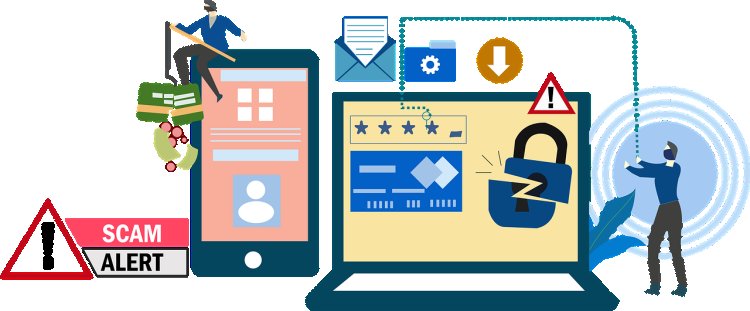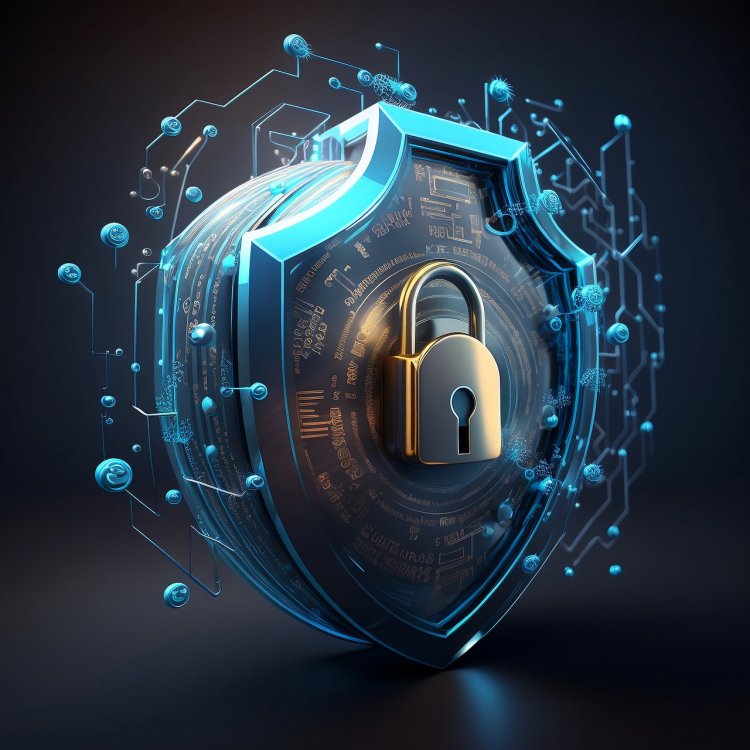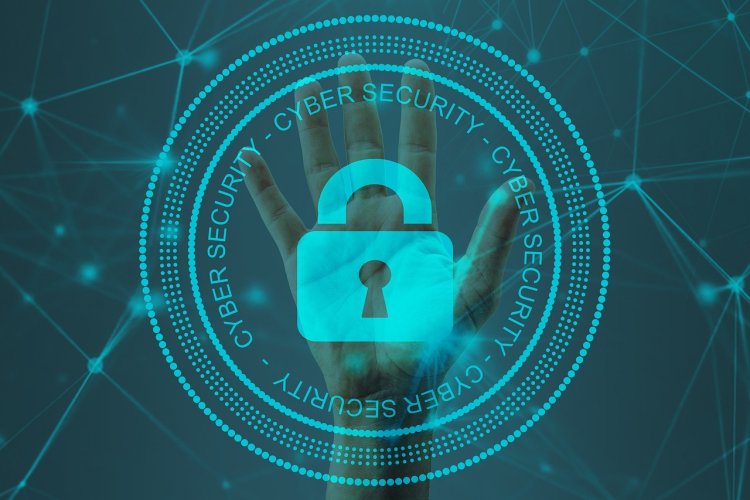Cybersecurity Essentials: Protecting Your Devices and Data in the Digital Age
Discover practical cybersecurity tips to safeguard your devices and sensitive information. Learn about strong passwords, two-factor authentication, and staying safe online.

In today's hyperconnected world, cybersecurity is no longer optional. Every device you own, from your smartphone to your smart refrigerator, is a potential entry point for cyber threats. Staying secure requires a proactive approach. Here’s how you can protect your devices and sensitive information effectively.
1. Strong Password Practices

The first line of defense is your password. Opt for unique, complex combinations of letters, numbers, and symbols. Tools like password managers can help you store and generate strong passwords securely.
2. Enable Two-Factor Authentication (2FA)
Add an extra layer of security by enabling 2FA on your accounts. Even if someone cracks your password, the secondary authentication step (like a code sent to your phone) keeps them out.
3. Keep Software Updated

Outdated software can leave vulnerabilities for hackers to exploit. Regularly update your operating systems, apps, and antivirus programs to ensure you have the latest protections.
4. Be Cautious with Public Wi-Fi
Public Wi-Fi networks are a breeding ground for cyber threats. Use a virtual private network (VPN) to encrypt your data and avoid sensitive activities, like online banking, on unsecured networks.
5. Beware of Phishing Scams
Cybercriminals often trick users into revealing sensitive information via fake emails or websites. Always verify the source before clicking on links or downloading attachments.
6. Backup Your Data

Regularly back up your files to a secure cloud service or an external hard drive. This ensures you can recover your data if you fall victim to ransomware or hardware failure.
7. Secure Your Smart Devices
With the rise of the Internet of Things (IoT), everyday devices like thermostats and cameras are now connected online. Change their default passwords and regularly update their firmware.
8. Educate Yourself and Your Family
Cybersecurity isn't just a technical issue; it's a behavioral one. Teach yourself and your family members about online threats and safe practices.
Protecting your devices and data is an ongoing process. By implementing these cybersecurity essentials, you can significantly reduce your risk and enjoy a safer digital experience. In the digital age, vigilance is your best defense.
If you'd like more details or guidance, feel free to ask!
What's Your Reaction?





















